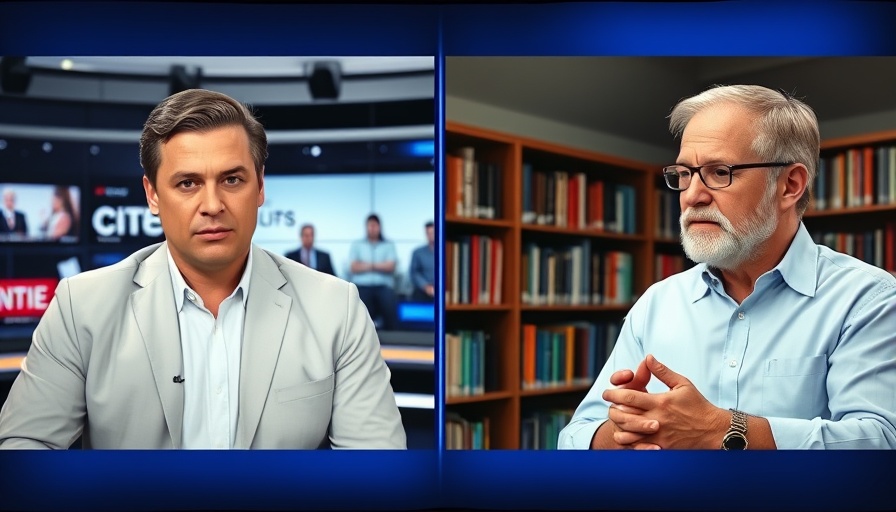
Redefining Workplace Expectations: The Rise of Work-Life Balance
As millennials and Gen Z navigate today’s job market, their prioritization of work-life balance has become a defining characteristic of their professional lives. In a recent commentary, Mike Rowe weighed in on this generational shift, defining deadlines as not just responsibilities but as consequences of one’s choices. This insight ignites a broader discussion about how work expectations are evolving and raise questions: Are job demands shifting too much, or are they finally addressing long-held grievances about workplace toxicity?
Understanding the Concept of Work-Life Balance from a New Perspective
To many, the concept of work-life balance sounds like a luxury; however, it reflects deeper values that resonate with younger generations. The COVID-19 pandemic gave rise to profound societal changes, prompting a reevaluation of what it means to work. Gen Z seeks flexibility, the option to work remotely, and the opportunity to perform their tasks from a space they feel comfortable in. This shift begs the question: Is a balanced life feasible, or does it risk compromising professional accountability?
Consequences of Over-Stepping Boundaries
Rowe’s assertion that "deadline is just another word for consequence" highlights a stark reality about accountability in the workplace. Every decision or task incurs a ripple effect, influencing not just the individual but the entire team. The challenge lies in setting boundaries that protect personal time without disrupting productivity. As Gen Z enters the workforce armed with these values, companies must adapt quickly or risk losing out on young talent.
Employer Adaptations: Promoting Mental Health Initiatives
Organizations that recognize and respect the demand for work-life balance exhibit ultimately higher employee satisfaction and retention rates. By implementing mental health initiatives and flexible schedules, businesses are establishing more robust workplace cultures. Such proactive measures help to diminish stress and anxiety while fostering a congenial environment conducive to both productivity and personal well-being.
Counterarguments: The Value of a Strong Work Ethic
However, not everyone agrees with the work-life balance mantra. Critics argue that such an approach undermines the traditional work ethic, suggesting that hard work and loyalty are being sacrificed for fleeting comforts. While the need for balance is valid, it’s equally important for Gen Z to understand the impact of commitment and resilience in achieving their career goals.
Finding Common Ground: Bridging Generational Gaps
Creating a hybrid working environment—a mix of remote and in-office experiences—has become a key consideration for successful businesses. Leaders in the industry can aid in bridging the gap among generations by negotiating boundaries that accommodate both younger employees' desires for flexibility and older workers' beliefs in traditional work ethics. It’s about crafting a narrative where mutual understanding thrives, cultivating workplaces that both support growth and adhere to merits.
A Call to Action: Rethinking Work for Collective Prosperity
As the conversation surrounding work-life balance continues, employees across all ages should focus on actionable discussions that lead to productive changes in workplace culture. It’s essential to engage in dialogues that are inclusive and reflective of everyone’s needs. Employers, meanwhile, should cultivate an environment conducive not just to performance metrics but to human connection, creativity, and well-being.
The dialogue about work-life balance is an evolving narrative that will shape the careers of future generations. Let’s take proactive steps toward empathy in the workplace and recognize that every deadline is a chance to build better futures for ourselves and others.
 Add Row
Add Row  Add
Add 




 Add Row
Add Row  Add
Add 

Write A Comment